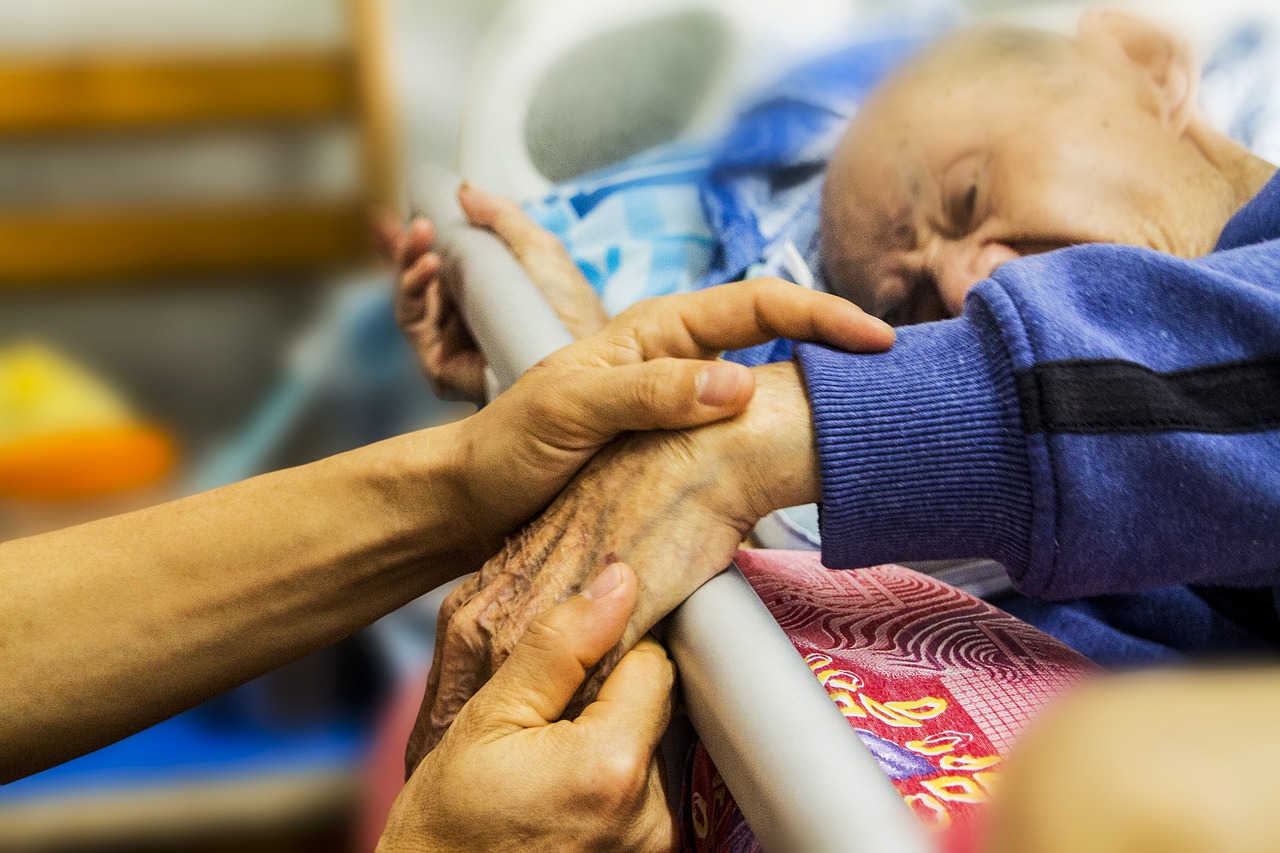Understanding Support Systems for Elderly or Ill Individuals

As individuals age or face illness, navigating healthcare becomes increasingly important. Understanding the support systems available is essential for ensuring optimal care and well-being as needs increase. By examining each role, individuals can bring in the right support at the right time.
Primary Care Physicians
Primary care physicians serve as the cornerstone of healthcare for all individuals. They provide routine check-ups, manage chronic conditions, and coordinate referrals to specialists when needed. Establishing a strong relationship with a primary care physician is vital for comprehensive care and effective communication. Regular visits enable physicians to monitor health, detect early warning signs, and proactively address any health concerns.
Support Groups and Counseling
Support groups and counseling offer emotional support and a sense of community for individuals and their families. These resources provide a safe space to share experiences, gain insights from others facing similar challenges, and access guidance from mental health professionals. Support groups and counseling can address specific conditions or be more general in nature, offering a supportive environment to navigate the emotional aspects of healthcare journeys. They help individuals cope with the psychological impact of illness, enhance resilience, and foster a sense of belonging.

Specialists
Specialists focus on specific medical conditions or organ systems. They possess specialized knowledge and skills to address complex health issues. When referred by a primary care physician, specialists provide in-depth evaluations, diagnostics, and treatment plans tailored to the specific needs of elderly or ill individuals. Examples of specialists may include cardiologists, neurologists, oncologists, or geriatricians. Collaborating with specialists ensures comprehensive care and targeted interventions.
Palliative Care
Palliative care is a specialized approach to medical treatment that focuses on providing comprehensive support and comfort to individuals facing serious illnesses, particularly those with life-limiting conditions. Its primary goal is to enhance the quality of life for patients and their families by managing symptoms and side effects, addressing emotional, spiritual, and psychosocial needs, and fostering open communication about treatment options and end-of-life preferences. It can be an excellent support system provided alongside curative treatments and is available at any stage of the illness. The palliative care team can help coordinate care and communication among all of the patient’s physicians.

Rehabilitation and Skilled Nursing Facilities
Rehabilitation and skilled nursing facilities can play a crucial role in the recovery process for individuals after hospitalization for illness or injury. These specialized facilities provide a supportive environment where patients can work on rebuilding their strength, mobility, and coordination, while also learning adaptive strategies to cope with any lasting impairments.
Home Healthcare Services
Home healthcare services provide support for individuals who require care at home. Skilled nursing, physical therapy, occupational therapy, and personal care assistance are some of the services offered. Home healthcare providers work closely with the individual's healthcare team to ensure coordinated and personalized care in the comfort of their own home. This support system allows elderly or ill individuals to maintain their independence and receive necessary care without the need for hospitalization.

Assisted Living Facilities
Assisted living facilities are residential communities designed to provide support and care for seniors who need assistance with daily activities while still valuing their independence. These facilities offer a comfortable and safe living environment where residents can enjoy a range of services, including help with medication management, meal preparation, housekeeping, and personal care. Trained staff members are available around the clock to offer personalized care tailored to each resident's unique needs, promoting autonomy while ensuring their well-being. Assisted living facilities often provide opportunities for social engagement, recreational activities, and access to healthcare services, fostering a sense of community and companionship among the residents. With a focus on enhancing the quality of life for older adults, assisted living facilities strive to create a nurturing and supportive atmosphere where seniors can age gracefully and enjoy their golden years to the fullest.
Hospice Care
Hospice care is a compassionate and comprehensive approach to end-of-life support provided to individuals with terminal illnesses, enabling them to live their final days with dignity, comfort, and emotional peace. Hospice teams, comprising skilled healthcare professionals and volunteers, deliver specialized medical, emotional, and spiritual care tailored to the unique needs and wishes of each patient. The primary focus of hospice care is on managing pain and symptoms, enhancing the patient's quality of life, and offering emotional and psychological support to both the individual and their loved ones. Hospice care can be provided at home, in assisted living facilities, or in certain healthcare settings, emphasizing the importance of a supportive environment that values the patient's autonomy, respects their choices, and provides a sense of closure and fulfillment during this significant phase of life.
Navigating healthcare for elderly or ill individuals requires understanding and utilizing available support systems. By leveraging the support systems available to them when they need it, individuals can receive comprehensive care and make informed decisions about their healthcare journey.
Crossroads Hospice & Palliative Care provides care and support to individuals facing serious and terminal illness. To learn more about the services we provide, please call 1-888-564-3405.
If you found this information helpful, please share it with your network and community.
Copyright © 2023 Crossroads Hospice. All rights reserved.




